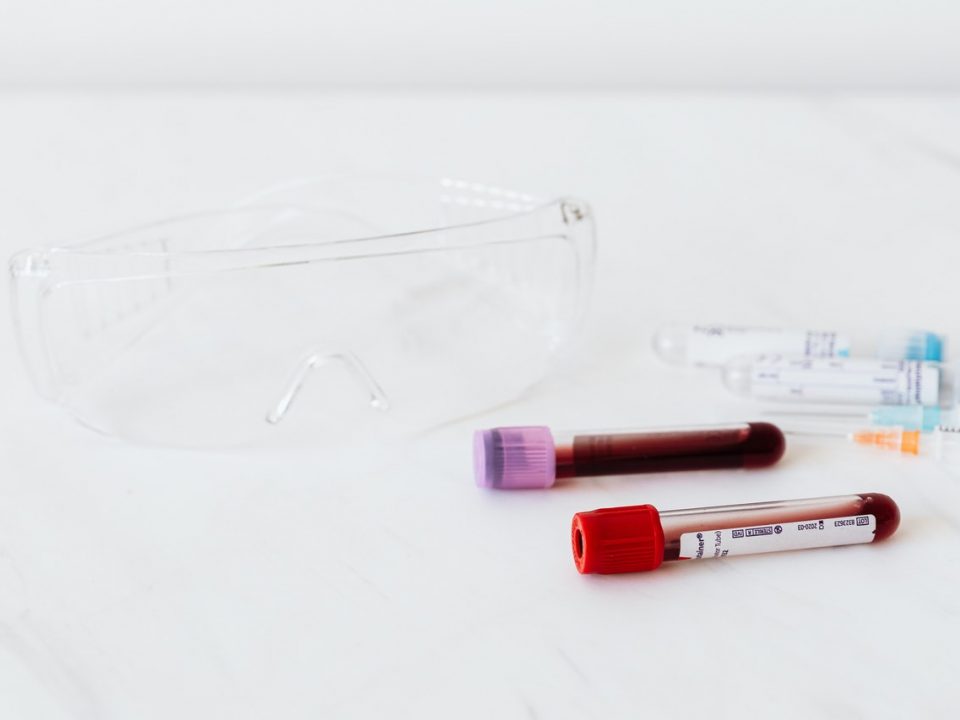Serious side-effects to Botox
Botox popularity declining
Researchers at the Schepens Eye Institute have discovered that people who have a low level of tear production before LASIK eye surgery are more prone to developing chronic dry eye syndrome after surgery.
Dry eye syndrome is one of the most common side effects of laser eye surgery. Dry eye syndrome is caused when there are problems with the tear film responsible for lubricating the eye. Whilst it does not affect vision loss, it can be painful and irritating and many patients who suffer from dry eye syndrome will use medications or artificial tears to help alleviate the issue.
LASIK will normally cause some dry eye directly after surgery and the condition will usually resolve itself in the weeks and months after surgery. However, some patients will find that dry eye syndrome will affect them for up to nine months following surgery.
The latest research shows a way to pre-screen patients to work out who will be the most susceptible to dry eyes post-surgery. The research focused on using a series of evaluations including the Schirmer test. The Schirmer test uses a piece of paper on the surface of the cornea to measure the amount of tears the eyes are producing. Patients were also asked to fill in a form showing whether they had noticeably suffered from dry eyes in the past.
The scientists found that if the patient had a pre-surgical tear production of more than 20mm of wetting of the Schrimer strip in 5 minutes, they were less likely to develop long-term dry eye syndrome.
The findings will allow ophthalmologists to determine if pre-treatment is necessary, or even if LASIK surgery is an appropriate option for the patient. The research team are hoping to expand on their study by examining patients who have undergone different forms of laser eye surgery to see if the results are the same.





